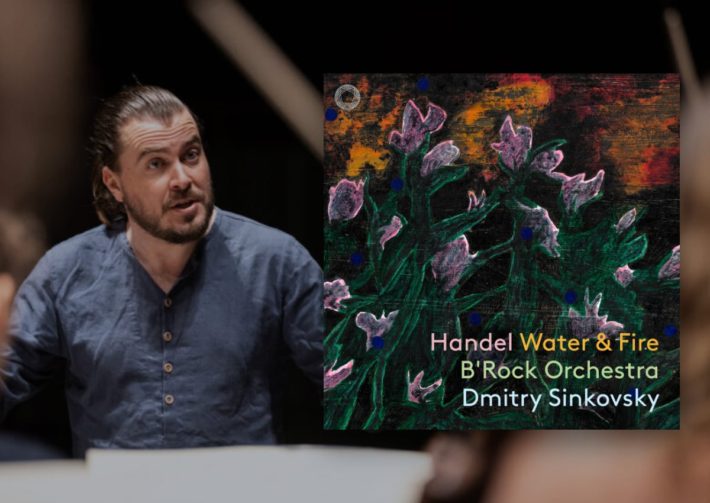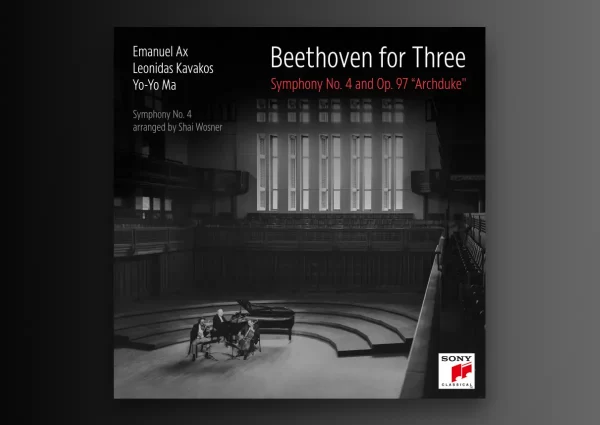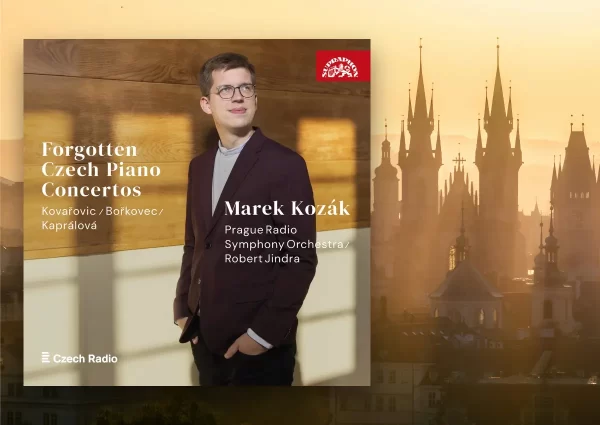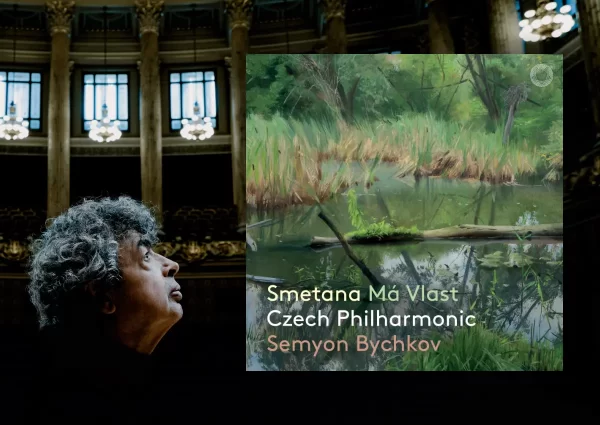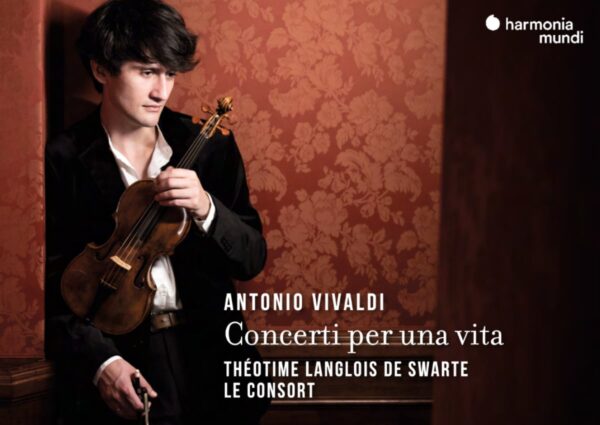After completing their Schubert symphony cycle with Rene Jacobs (the final recording, featuring the ‘Unfinished’ and ‘Great’ symphonies, was released in August 2022 and reviewed here), B’Rock recorded a fascinating album of lesser-known repertoire, Antwerp Requiem ca. 1650, two Requiem settings by Belgian composer Philippus van Steelan.
B’Rock’s level of technical execution is consistently high. Brass is often more raucous than their English counterparts, and the dry timpani thwacks have tangible presence. Articulation is crystalline, as is balance between orchestra sections. Tempos are uniformly quick, Sinkovsky instilling insistent momentum even in slow movements. The playing has undeniable character; rarely has the opening of the ‘Adagio e staccato’ from the Water Music’s first suite (track 7) sounded so fierce and the ‘Allegro’ from the first suite (track 10) has plenty of dynamic contrast (arguably, the orchestra on the barge playing for the King as it floated down the Thames might have been used more extensively than ever before.). Embellishment is added in repeated sections, and the readings have a winning buoyancy that highlights its roots in dance. With first-rate Pentatone sound, this should easily be a strong recommendation.
Yet I am left conflicted, because with original instrument ensembles I expect a greater level of authenticity. As most readers know, this music was composed for large forces. The original Royal Fireworks orchestration included 9 trumpets, 9 horns, 24 oboes, 12 bassoons, 1 contrabassoon, 1 serpent, 6 kettledrums, and 2 side drums (though the composer later added strings for the first indoor performance). Here we have 3 trumpets, 3 horns, 2 bassoons, 1 contrabassoon, 2 kettledrums, and one drummer, plus 24 strings and four continuo players, including two lutes and two harpsichords – why so many continuo players? Inevitably, the grandeur and sheer power of performances by Le Concert Spirituel and Herve Niquet (Glossa), The English Concert and Trevor Pinnock (Archiv/DG), The King’s Consort and Robert King (Hyperion), and Charles Mackerra’s groundbreaking 1959 recording (Testament) is lost. Of course, most recordings use smaller ensembles, but B’Rock’s strings in both suites often sound undernourished when compared to the classic recordings led by Gardiner (English Baroque Soloists/Philips), the Orpheus Chamber Orchestra (DG), and Hogwood (The Academy of Ancient Music/Decca).
Related Posts
- Review: Handel – Solomon – Leonardo García Alcarón
- Review: The Handel Project – Seong-Jin Cho, Piano
- Review: Handel – Theodora – Il Pomo d’Oro, Emelyanychev
Secondly, in 2004 the earliest surviving manuscript of ‘Water Music’ was discovered, confirming what many had long suspected – that Handel intended a single long sequence of movements, not the three suites with which we are familiar. We cannot expect that of recordings made before the discovery, but why is a period instrument ensemble not performing it as Handel envisaged? Here the suites are performed out of order, 2, 1 and 3.
Finally, percussion is added in the second suite of the Water Music (tracks 4 & 13) . I have heard this before only on the Aradia Ensemble’s recording (Naxos), where conductor Kevin Mallon argues this was a standard practice in the 18th Century. But I have never found evidence for this and know of no other original instrument ensemble embracing this, until now. While I admit to enjoying the addition, it nevertheless seems perverse for an “authentic” performing ensemble to utilize, well, “inauthentic” practices.
Finally, Sinkovsky’s insistence on speed negates the intended affect of several movements. Two examples will suffice: the opening of the Royal Fireworks’ Overture is too fast to evoke any sense of royal grandeur, and the famous ‘Air” from Water Music’s first suite, taken in one instead of a slower three, has no elegance or grace – it is instead rather impatient and terse.
The aspects of interpretation described above may not disappoint you as they do me – some may find them refreshingly direct. The playing is excellent, the energy level (incessantly) high. Suzanne Aspden’s notes are thorough and engaging, and Pentatone’s ancillary materials are as excellent as its recording. But, for the reasons described above, this new album cannot join or displace current recommendations.

Handel – Water Music & Music for the Royal Fireworks
B’Rock Orchestra
Dmitry Sinkovsky – Conductor
Pentatone, PTC5187013
Recommended Comparisons
Niquet | Pinnock | King | Mackerras
Read more classical music reviews or visit The Classic Review Amazon store
Follow Us and Comment:
Get our periodic classical music newsletter with our recent reviews, news and beginners guides.
We respect your privacy.

